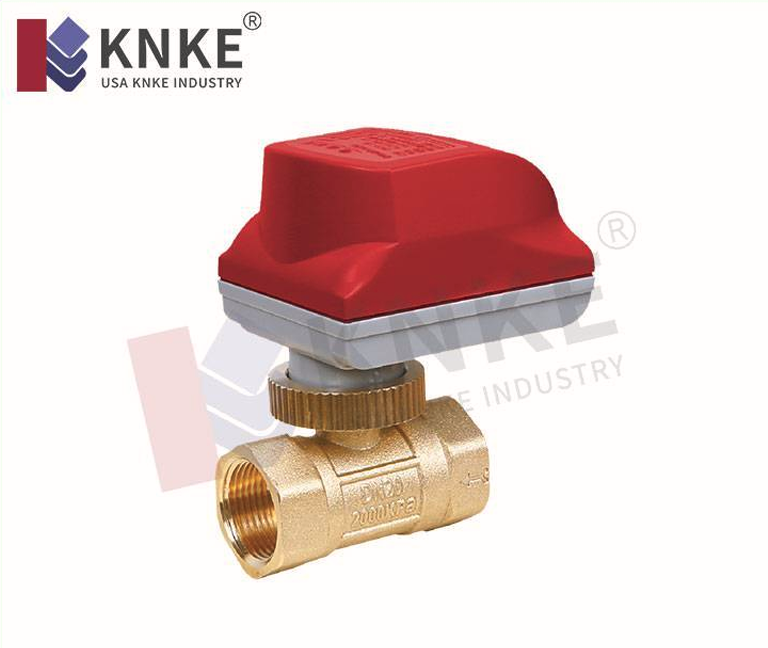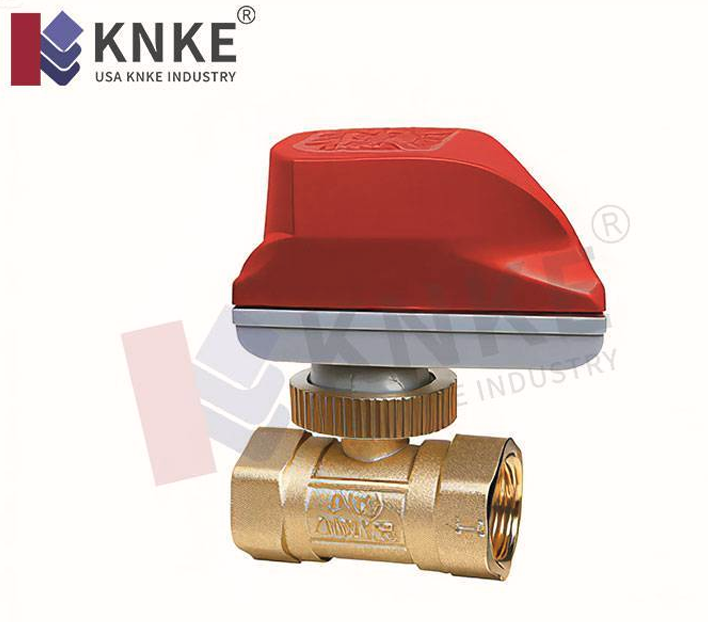Main Applications of Brass Ball Valves
Brass ball valves play a vital role in both residential and industrial systems. Thanks to their compact design, excellent sealing capabilities, and corrosion resistance, they remain a popular choice across multiple industries. In this article, we’ll explore where and how brass ball valves are commonly used.
Applications of Brass Ball Valves in Different Industries

1. Oil and Gas Industry
The oil and gas industry demands components that can withstand harsh conditions, including high pressure, extreme temperatures, and corrosive substances. In response, many engineers choose brass ball valves for fluid regulation. These valves resist corrosion effectively, seal tightly, and continue to perform well even under extreme operating conditions. As a result, they appear frequently in pipelines, tank systems, and pressure control stations.
2. Water Treatment and Municipal Water Suppl
Brass ball valves also serve essential roles in water treatment and municipal supply systems. Cities use them to control water pressure, stop backflow, and isolate system parts during maintenance. Moreover, desalination plants rely on brass valves to manage saline water, thanks to their durability and resistance to corrosion. Clearly, these valves help ensure safe and reliable water distribution.
3. Chemical Industry
Next, we turn to the chemical industry, where fluid control is critical. Chemical processes often involve corrosive or high-pressure substances. Engineers select brass ball valves because they deliver reliable control and resist chemical wear. By enabling smooth and safe flow of chemical reagents, these valves help maintain product quality and worker safety in complex chemical systems.
4. HVAC and Building Plumbing Systems
In residential and commercial buildings, brass ball valves contribute to the efficiency of HVAC and plumbing systems. Contractors often install them in hot and cold water lines, heating systems, and shut-off points. Because they’re easy to operate and long-lasting, brass valves improve maintenance efficiency and reduce downtime. Their high thermal conductivity also ensures stable performance in varying temperatures.
5. Food and Pharmaceutical Industries
These valves also meet the high hygiene standards of the food and pharmaceutical industries. Manufacturers value the smooth inner surface of brass ball valves, which resists bacterial buildup. In addition, these valves are easy to clean and sterilize. By ensuring leak-free flow and preserving the purity of ingredients, brass valves help meet strict quality and health regulations.
6. High-Tech and Ultra-Pure Systems
Finally, in high-tech fields like semiconductor and electronics manufacturing, companies use brass ball valves to control ultra-pure water and specialty gases. These systems require precise and clean fluid handling. Because brass valves provide strong sealing and don’t react with the medium, they are ideal for use in cleanroom environments and sensitive process controls.
To summarize, brass ball valves are versatile and reliable. They appear in oil and gas systems, water treatment facilities, HVAC pipelines, chemical plants, food production, and high-tech labs. Their excellent sealing performance, corrosion resistance, and durability make them a go-to solution for professionals across different sectors. As technology advances and fluid systems become more complex, we can expect brass ball valves to remain a critical part of modern engineering.
FAQ About Brass Ball Valves

What is a brass ball valve used for?
Brass ball valves control the flow of liquids or gases in various systems. People use them in plumbing, heating, water treatment, chemical processing, and industrial applications.
Are brass ball valves suitable for drinking water?
Yes, they are. When made from lead-free brass and certified for potable use, these valves work well in drinking water systems.
Can brass ball valves handle high temperatures?
Absolutely. Most brass ball valves handle temperatures up to 200°F (93°C), making them suitable for hot water and moderate industrial use.
